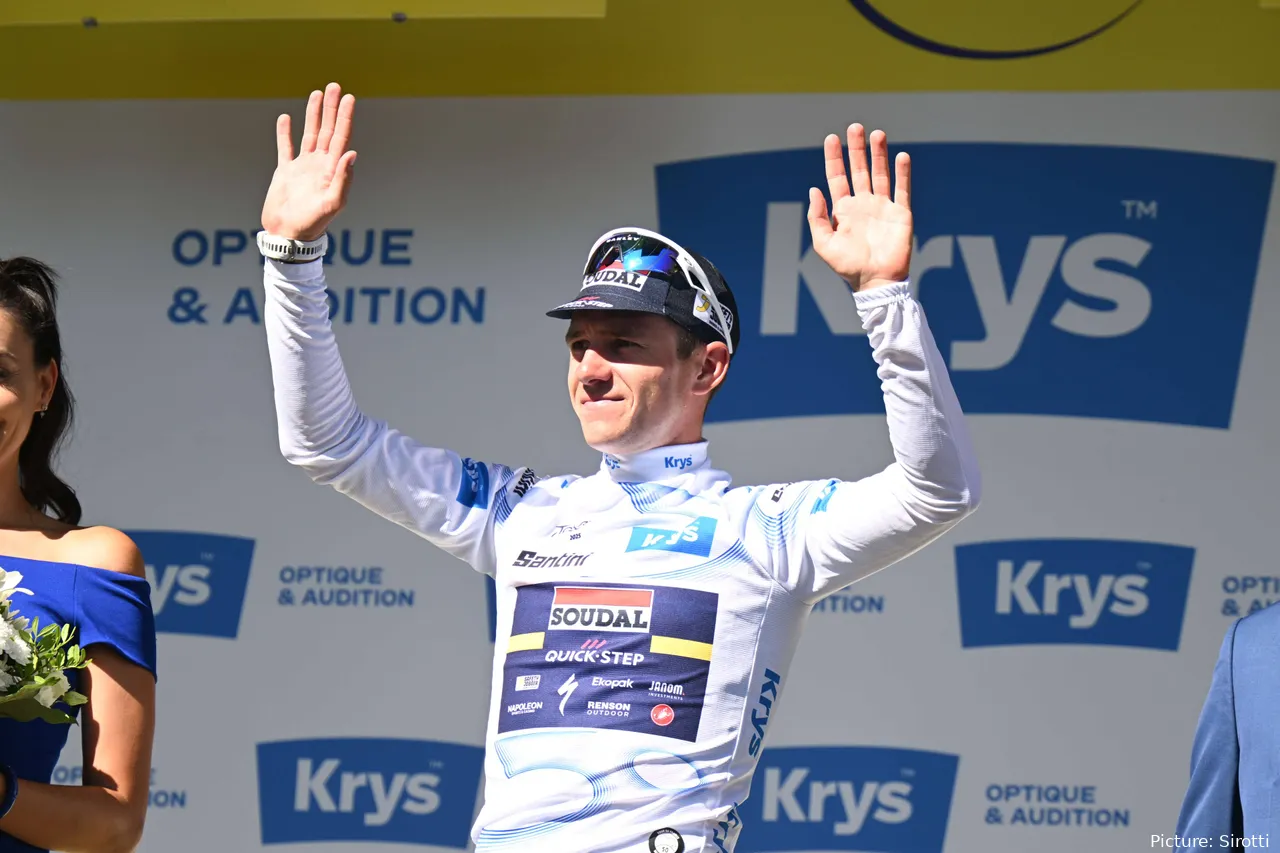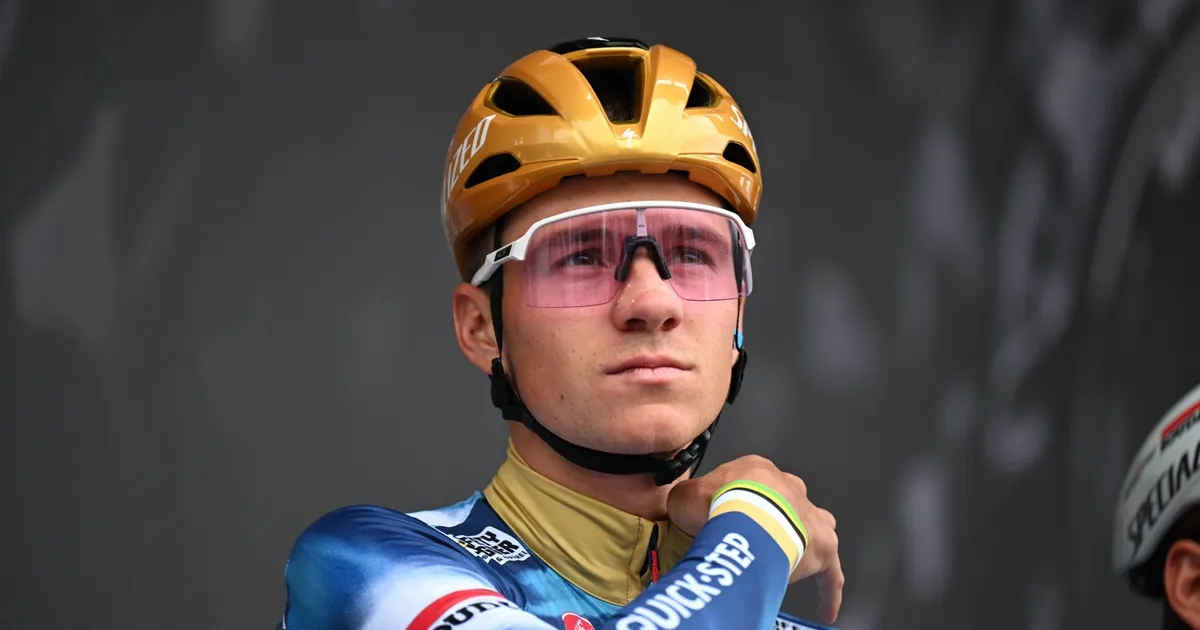Red Bull’s long-term strategy
Red Bull has increasingly positioned itself as more than a sponsor in elite sport — it owns teams across Formula 1, football, and now cycling, where it holds a majority stake in the BORA–hansgrohe outfit. The signing of Evenepoel is seen by experts as part of a long-term strategy to centre the team around a single, globally marketable leader.
Leroy believes that Red Bull’s choice of Evenepoel goes beyond sporting value. “They want winners, but they also want people who can carry a brand. Remco has that rare combination of elite talent and media appeal,” he says.
Unlike traditional sponsors, Red Bull takes full control of the teams it backs — from branding and media to athlete access and image rights. Evenepoel, with his outspoken personality and media presence, fits this model well. “Once Red Bull is involved in a sport, their approach is: if we’re in it, we’re in it to win — and to control the whole message,” Leroy explains.
With its own media house and digital channels reaching millions, Red Bull has already created a self-sustaining media ecosystem. Evenepoel is now set to become a central figure within it.

Evenepoel has a palmares not many in pro cycling can match
Symbolic shift in cycling
Evenepoel’s move comes at a time of shifting power dynamics in professional cycling. Although Quick-Step strengthened its GC ambitions with riders like Mikel Landa and Valentin Paret-Peintre, it struggled to match the resources of UAE Team Emirates – XRG and Team Visma | Lease a Bike.
Red Bull – BORA – hansgrohe meanwhile, now backed by one of sport’s biggest marketing machines, appear positioned to change that — with Evenepoel as the keystone. “He’s the kind of athlete that can lead a team for a decade,” says Leroy. “And for Red Bull, it’s not just about winning races — it’s about owning attention.”
Evenepoel will see out the 2025 season with Soudal – Quick-Step, with the Tour de France expected to be a major target in his final year with the Belgian team. After that, he will begin a new chapter under Red Bull colours — one that, according to observers, could reshape the sport’s competitive and commercial landscape.

